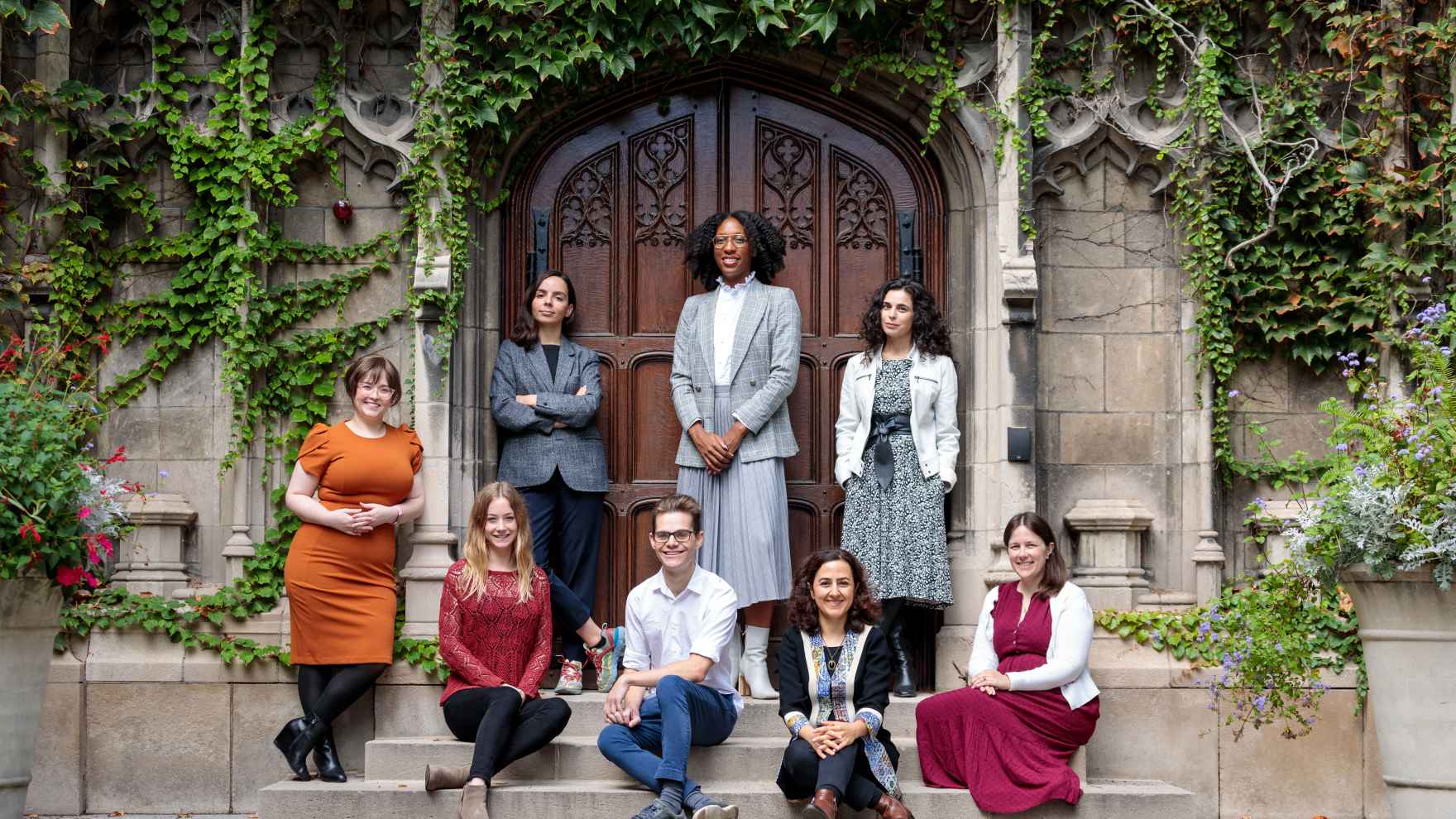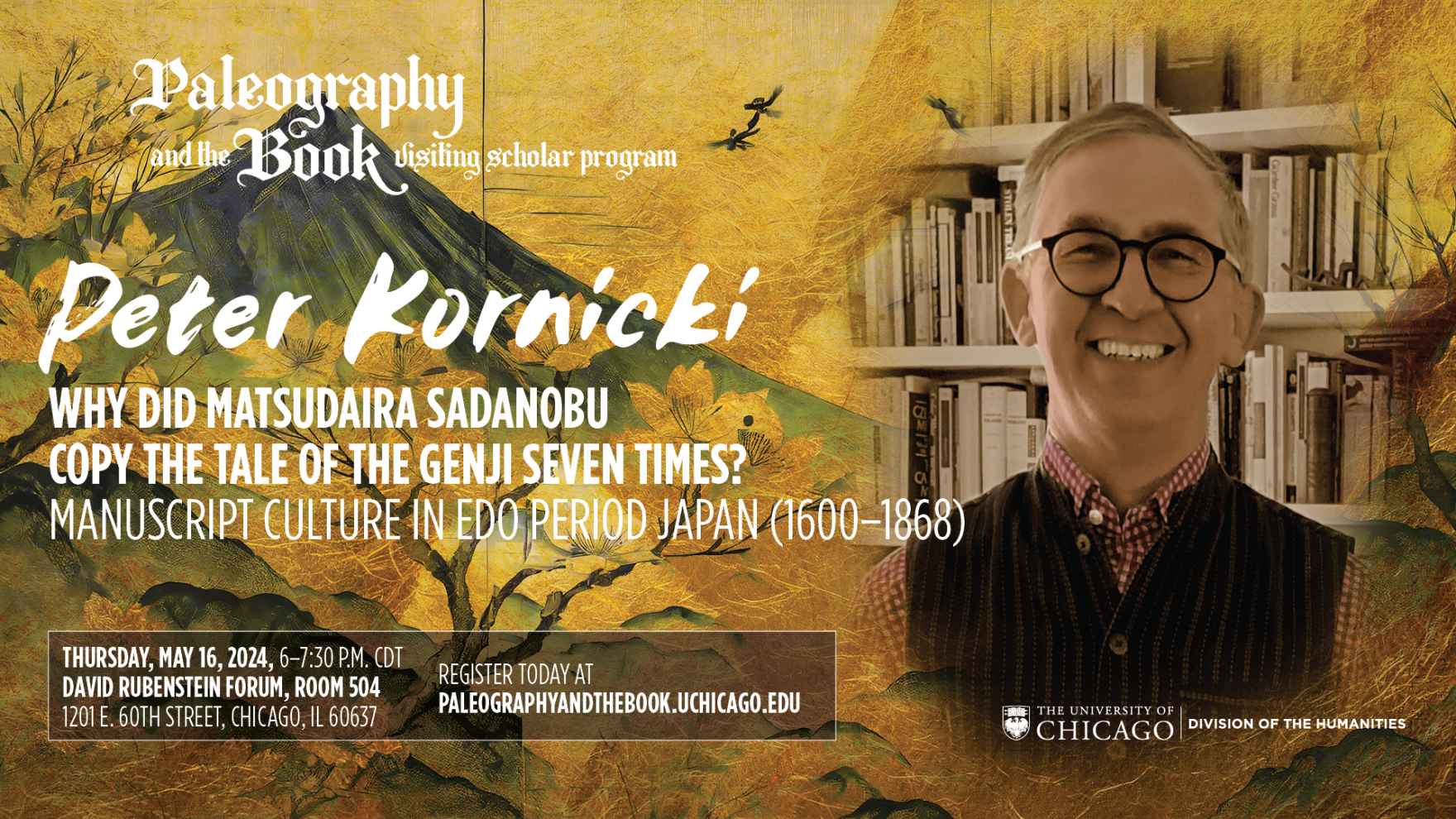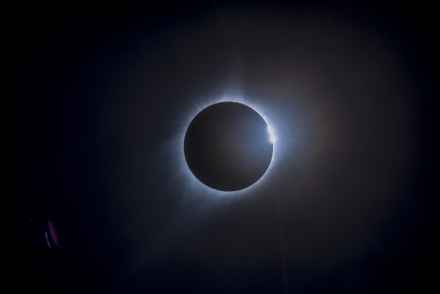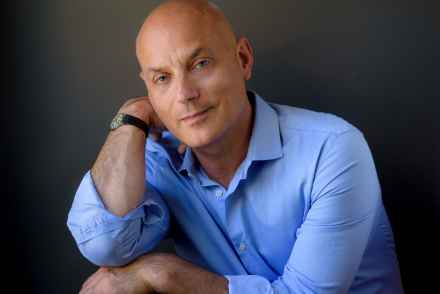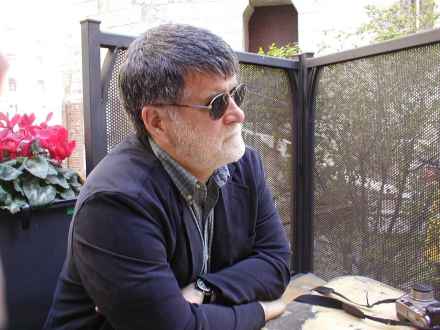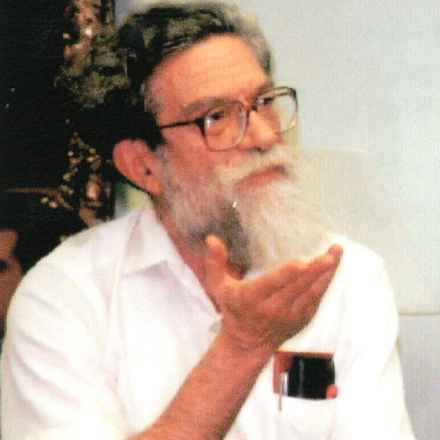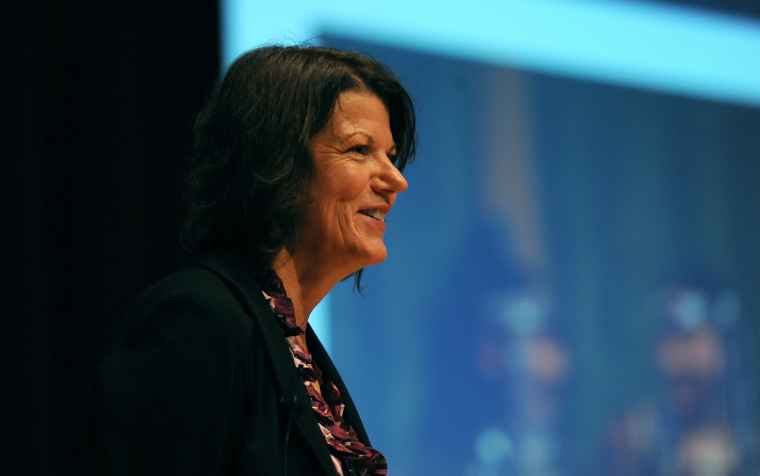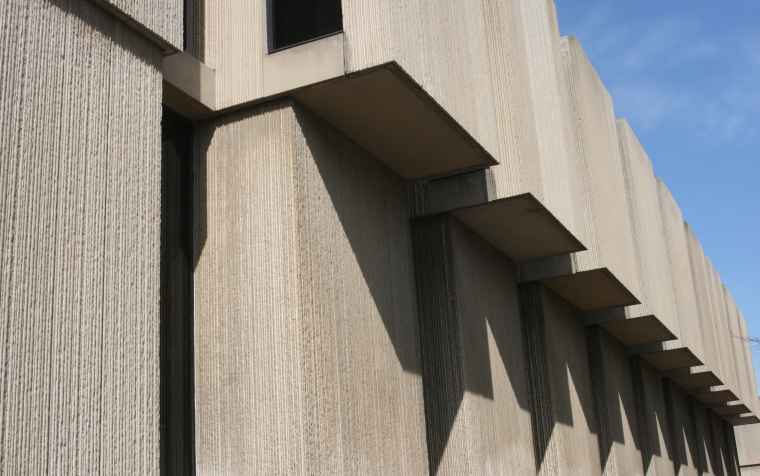What eclipses have meant to people across the ages
Eclipses have fascinated people since the earliest days of recorded history.
These rare astronomical events have helped explain the world around us—from ancient Mesopotamia to medieval Islamic tradition all the way to the 20th century, when they helped prove Einstein’s theory of general relativity.
Such interest hasn’t dimmed. People across the United States will have an opportunity on April 8th to see a total solar eclipse—the last opportunity for the contiguous U.S. until 2044. UChicago faculty, students and alumni are among the hordes of enthusiasts traveling across the country toward the area of “totality,” the 70-mile-wide stripe stretching from Texas to Maine in which the moon will fully block the sun.
Author and "Odyssey" translator Daniel Mendelsohn to deliver Berlin Family Lectures, beginning April 23
Daniel Mendelsohn enjoys interpreting Homer’s "Odyssey" for modern readers. Drawn to the ancient tale since his teens, for six years he took on the challenge of translating and reanimating the book. His translation of Homer’s "Odyssey" is scheduled for release in the spring of 2025 by the University of Chicago Press.
On April 23 and 30, Mendelsohn will deliver lectures on the epic poem. Both lectures will be held at the Rubenstein Forum—in person—from 6 to 7:30 p.m. CDT. Registration for the series is free and open to the public.
William Walker Tait, renowned UChicago philosopher of mathematics, 1929‒2024
Prof. Emeritus William Walker Tait, an acclaimed philosopher and mathematician at the University of Chicago, died March 15 in Naperville, Ill.. He was 95.
Known by colleagues as one of the most distinguished philosophers of mathematics of the second half of the 20th century, Tait was professor emeritus in the Department of Philosophy and the Committee on the Conceptual and Historical Studies of Science at UChicago. During a career spanning 60 years, he made significant contributions to development of proof theory, as well as to logic and the philosophy of mathematics.
“Bill Tait was chair of Philosophy when I joined the department in 1981 and he was arguably the best chair I knew, standing up for the department and junior faculty—often against the administration—with a fierce moral determination but a twinkle in his eye,” said Josef Stern, the William H. Colvin Professor Emeritus in the Department of Philosophy at UChicago.
Howard Stein, acclaimed UChicago philosopher and historian of physics, 1929‒2024
Prof. Emeritus Howard Stein, a renowned philosopher and historian of physics at the University of Chicago, died March 8 at his home in Hyde Park. He was 95.
A trained philosopher and mathematician, Stein was a longtime faculty member of the Department of Philosophy and the Committee on the Conceptual Foundations of Science. Colleagues recalled Stein’s curiosity about physics, the elegance of his writing, and his impact on our understanding of the history of philosophy and physics.
According to Thomas Pashby, assistant professor in the Department of Philosophy at UChicago, Stein inaugurated the modern study of the foundation of physics in 1967 with his article “Newtonian Space-Time,” published in The Texas Quarterly.

